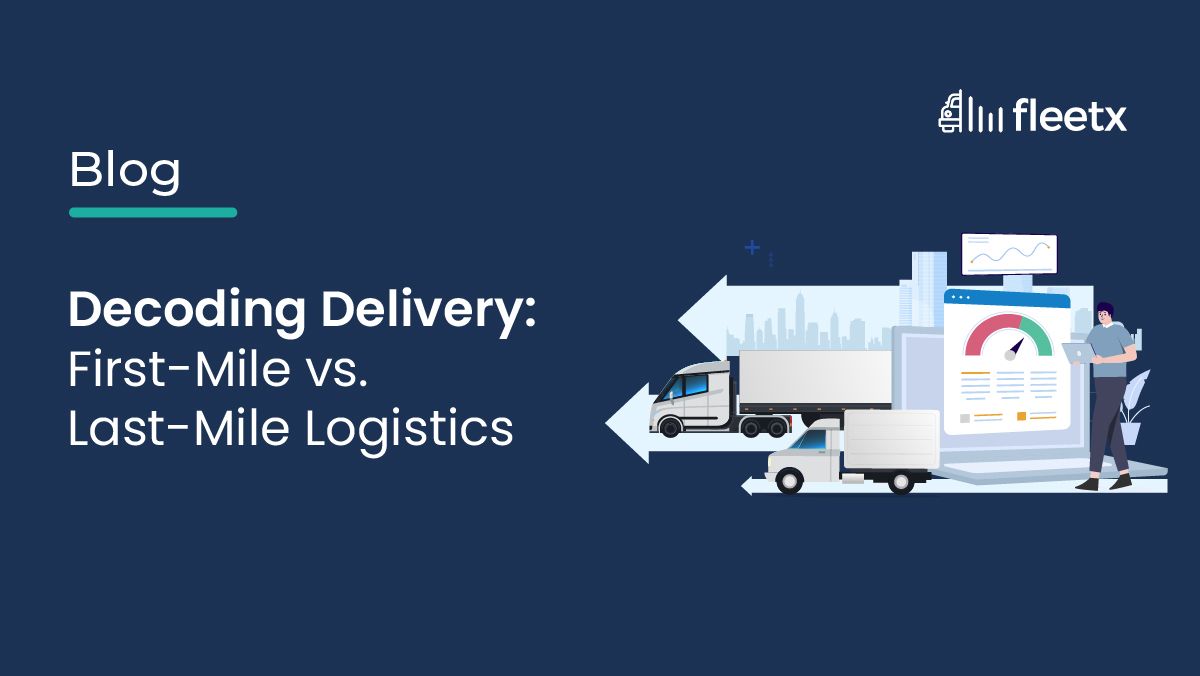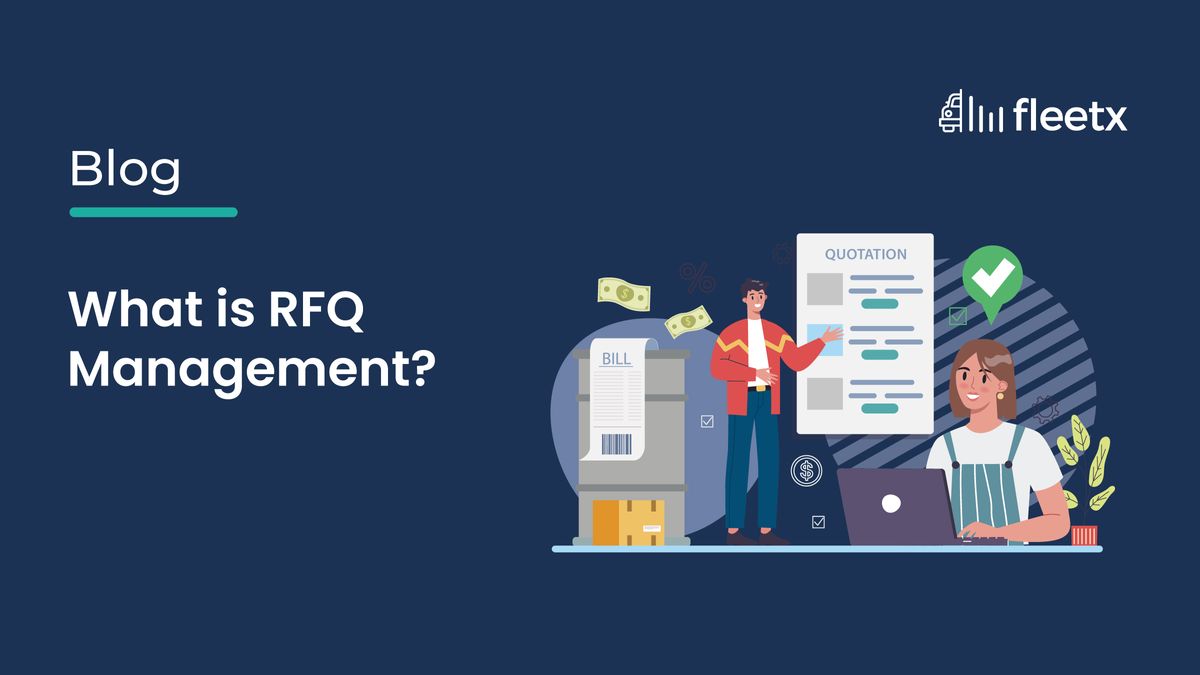
India's rapid economic development is heavily dependent on logistics due to the country's particular geographical opportunities and difficulties. "First Mile" and "Last Mile" logistics are important elements in this industry, each fulfilling different roles in the supply chain.
Introduction to First Mile and Last Mile Logistics
First Mile Logistics : It involves the initial step of the supply chain where goods are transported from the manufacturer or producer to warehouses or distribution centers. This phase is crucial as it sets the tone for the efficiency and effectiveness of the supply chain. It involves activities such as the collection, sorting, and bulk transport of products from the origin point.
Last Mile Logistics : On the other hand, Last Mile represents the final step in the delivery process. It involves the transportation of goods from distribution centers or warehouses directly to the end consumer. This stage is vital for customer satisfaction and has become increasingly significant with the exponential growth of e-commerce in India.
Importance of First Mile Logistics
First Mile logistics is essential for several reasons:
Supply Chain Efficiency: Efficient First Mile operations ensure that products are quickly and safely moved from their origin, which reduces storage times and speeds up the entire supply chain.
Cost Reduction: Optimizing First Mile processes can lead to significant cost savings by reducing transportation costs and minimizing waste through improved handling and storage practices.
Quality Control: Early stages of logistics provide an opportunity to assess product quality and ensure that only goods that meet standards proceed further in the supply chain.
Challenges in First Mile Logistics
1. Infrastructure Limitations: Many manufacturing sites, especially in rural India, lack proper road connectivity and transportation facilities, making the initial transportation of goods challenging and costly.
2. Technological Gaps: The integration of advanced technology in First Mile logistics is often lacking, which results in inefficiencies and potential errors in inventory and shipping processes.
3. Coordination Complexity: Coordinating with multiple suppliers and handling large volumes of goods requires sophisticated logistical planning, which can be particularly challenging for small-scale manufacturers.
Significance of Last Mile Logistics
Last Mile logistics is increasingly becoming a focus area because last mile logistics directly affects consumer satisfaction, this is a matter that is receiving more and more attention.
Customer Retention: Timely and accurate deliveries make a significant impact on customer loyalty and retention.
Brand Reputation: Efficient Last Mile delivery services enhance the overall brand image by fulfilling customer expectations.
Adaptability and Flexibility: Providing flexible delivery options, such as scheduling specific delivery times, enhances customer convenience and satisfaction.
Challenges in Last Mile Logistics
1. Addressing Inconsistencies: In many parts of India, especially in rural and semi-urban areas, the addressing system is not standardized, which poses significant challenges in locating delivery destinations accurately.
2. Traffic Congestion: Urban centers are plagued by severe traffic, which can cause delays and increase fuel costs, directly affecting the efficiency of Last Mile deliveries.
3. Demand for Speed: With the growth of e-commerce, there is an increasing consumer demand for same-day or even same-hour delivery, which puts immense pressure on Last Mile operations.
Leveraging Technology to Bridge Gaps
First mile and last mile logistics are being completely transformed by technology because of cutting-edge solutions that increase productivity, optimize workflows, and better the customer experience overall. Real-time tracking systems, algorithms for route optimization, and digital communication platforms that enable smooth coordination between shippers, carriers, and recipients are some examples of these innovations.
Advanced Tracking Systems: The use of GPS tracking and real-time data analytics helps in optimizing delivery routes and managing schedules more efficiently.
Automation in Warehousing: Automated sorting and packing processes in warehouses reduce human error and speed up the handling of goods.
Drones and Autonomous Vehicles: Innovations such as drone deliveries and autonomous delivery vehicles are being piloted to address challenges in difficult terrain and congested urban environments.
Environmental Sustainability in Logistics
Reducing Carbon Footprint: Companies are increasingly using electric vehicles and optimizing delivery routes to reduce emissions.
Sustainable Packaging : There is a shift towards using recyclable and biodegradable packaging materials to minimize environmental impact.
Resource Optimization: Efficient logistics operations aim to reduce waste and resource consumption throughout the supply chain.
Conclusion
As India continues to advance economically, strategic improvements in First Mile and Last Mile logistics will play a critical role in shaping the future of commerce and delivery services across the nation. By leveraging technology, fostering sustainability, and building robust infrastructure, these logistics segments can significantly enhance their efficiency and effectiveness. Both First Mile and Last Mile logistics are not only fundamental to the seamless operation of the country's supply chain but are also crucial in driving customer satisfaction and business success in the competitive market landscape.






